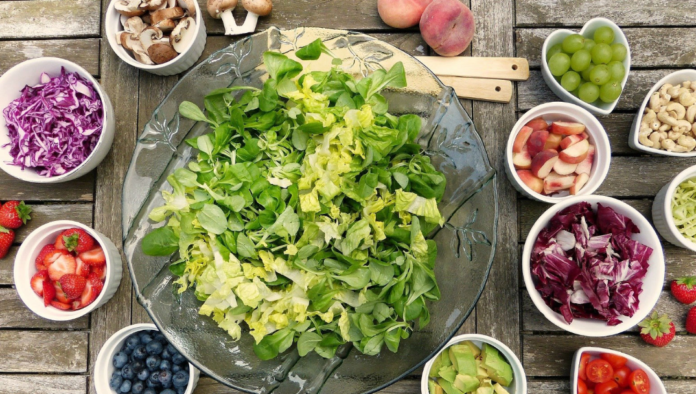Today people are much more aware of the nutritional value of the food they eat. Diets based on organic foods, foods that are not processed, or vegetarian diets occupy a more relevant place every day. Like everything in life, you always need to read the fine print. At Vida y Salud we invite you to learn about the pros and cons of the vegetarian diet.
People make the decision to become vegetarian for different reasons. Some become vegetarians because their religion does not allow them to eat meat, because they consider that it is not correct or ethical with the environment, because of their culture or simply because they want to have a healthier diet. Before exposing the advantages and disadvantages of a vegetarian diet, it is important to clarify that there are several types of vegetarian diets and an additional habit that cannot be called “vegetarian” in the full sense of the word. This chart will help you understand the differences between those who call themselves vegetarians:
| Type of vegetarian diet | Red meat, pork, chicken, seafood | Eggs | Dairy products, cheeses, yogurts, butter | Foods containing the above foods and others |
| semi-vegetarian | Occasionally | Consume | Consume | Consume |
| lacto-ovo-vegetarian | No consume | Consume | Consume | |
| Lacto-vegetarian | No consume | No consume | It wears out | |
| Ovo-vegetariana | No consume | Consume | No consume | |
| Vegan or completely vegetarian | No consume | No consume | No consume | Does not consume. Some do not consume honey |
Finally we found a group of people who are not completely vegetarian. Occasionally they consume those products that the previous categories exclude completely.
I want to clarify that there are responsible vegetarian diets and others that are not. Responsible vegetarian diets are concerned with replacing vitamins, minerals, amino acids and selective elements from animal protein that are no longer consumed due to the change in diet. Irresponsible diets completely eliminate products from the animal kingdom without replacing the nutrients from them. It is precisely the latter that group most of the disadvantages.
With the basic guidelines clear, let’s start with the advantages.
A responsible vegetarian diet:
- It is rich in fiber .
- Helps control cholesterol.
- It helps you lose weight.
- Helps control blood pressure.
- Avoid the development of type 2 diabetes . It has been found that people with diabetes who follow a vegetarian diet tend to reduce the need for medication, as well as insulin.
- Helps prevent cancer . There is a lower probability of contracting cancer of the colon and other organs of the digestive system by restricting the consumption of meat. Reference is also made to the fact that fruit consumption helps prevent prostate, stomach, lung and pancreas cancer, among others.
- Helps heart health . Eliminating meat from the diet helps prevent the risks of cardiovascular problems.
Now, let’s see the other side of the coin. What are the disadvantages of eating a vegetarian diet? Take note.
In a vegetarian diet that is not well balanced, the consumption of the following nutrients may not be enough:
- Vitamin D, calcium and zinc . Vitamin D is important not only for bone health, heart health, and the prevention of certain cancers, but even for longevity. Calcium contributes to the strengthening of bones and teeth and zinc plays an important role in cell division and protein formation.
- iron . Iron from plants is more difficult to assimilate than iron from animal sources, so vegetarians need twice the dose of iron-supplying foods compared to people who eat a non-vegetarian diet.
- Vitamin B12 . This vitamin helps prevent anemia and produce red blood cells.
- iodine . The thyroid gland needs iodine to ensure the proper functioning of the kidneys and the heart, among other organs.
- proteins . Proteins are very important compounds that make up muscles. In fact, we need protein for almost every activity the body does. For example, hemoglobin is the protein that carries oxygen in the blood, other proteins send signals to the brain.
If you take this information into account and your eating habits are adequate, you can follow a responsible and healthy vegetarian diet. The important thing is that you provide your body with everything it needs to nourish itself and so that it can function properly. If you have made the decision to follow a vegetarian diet, first consult your doctor and a nutritionist to explain more in detail.




